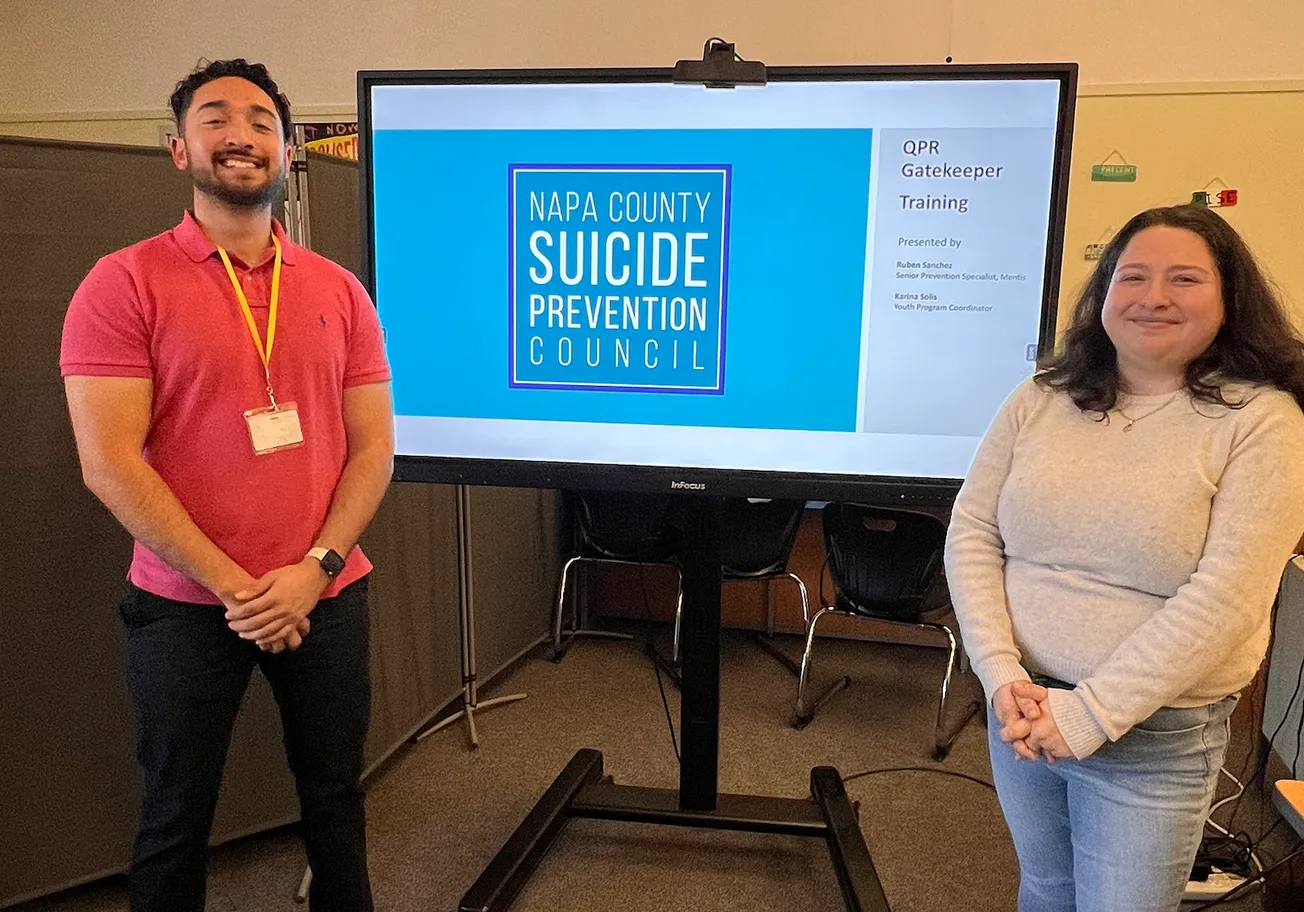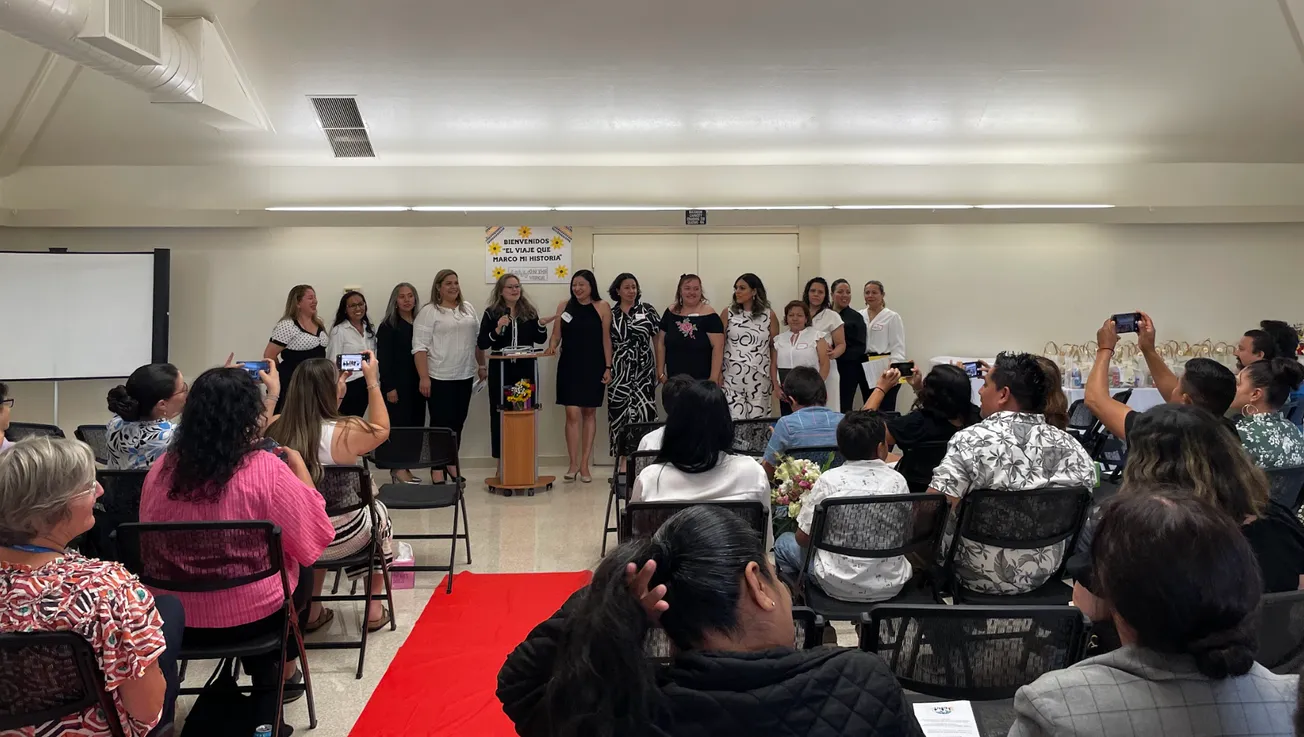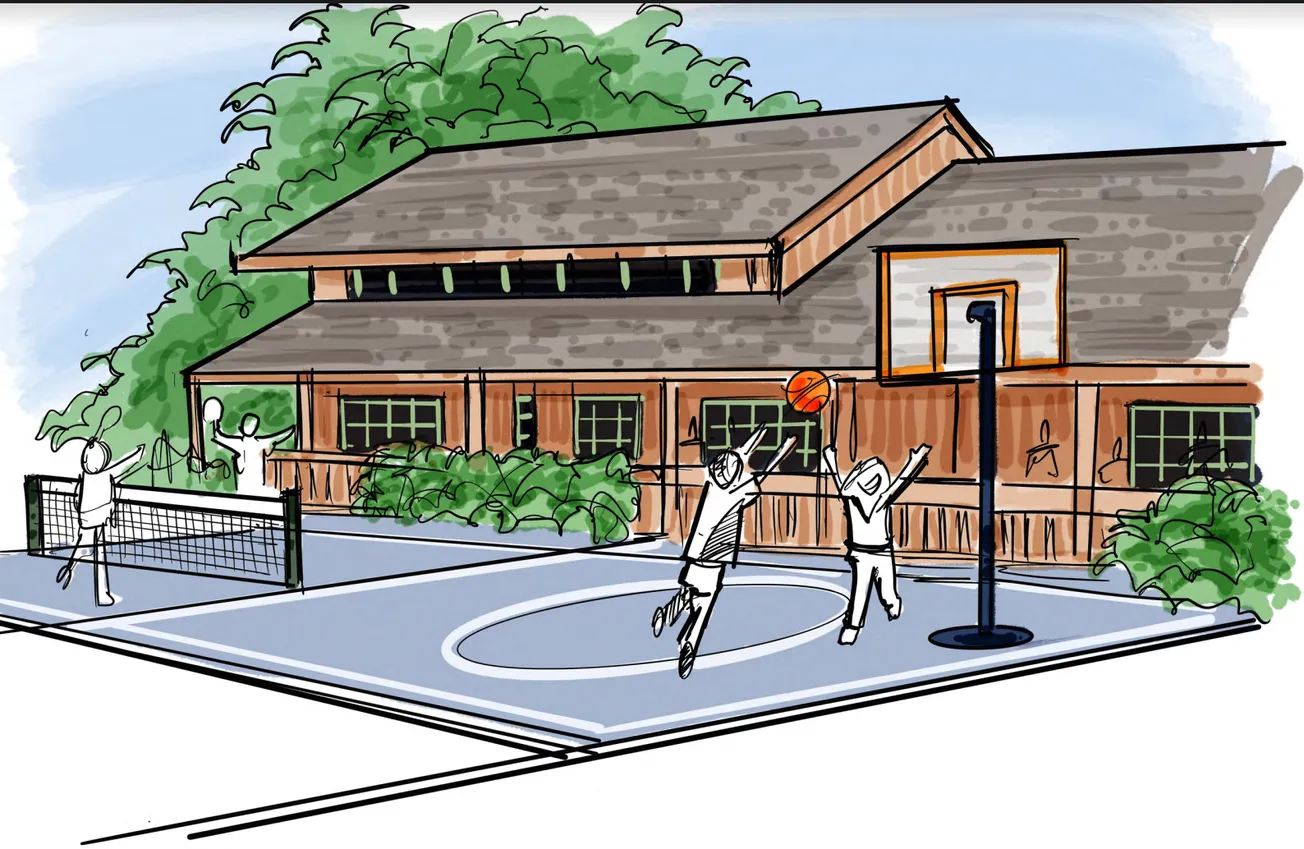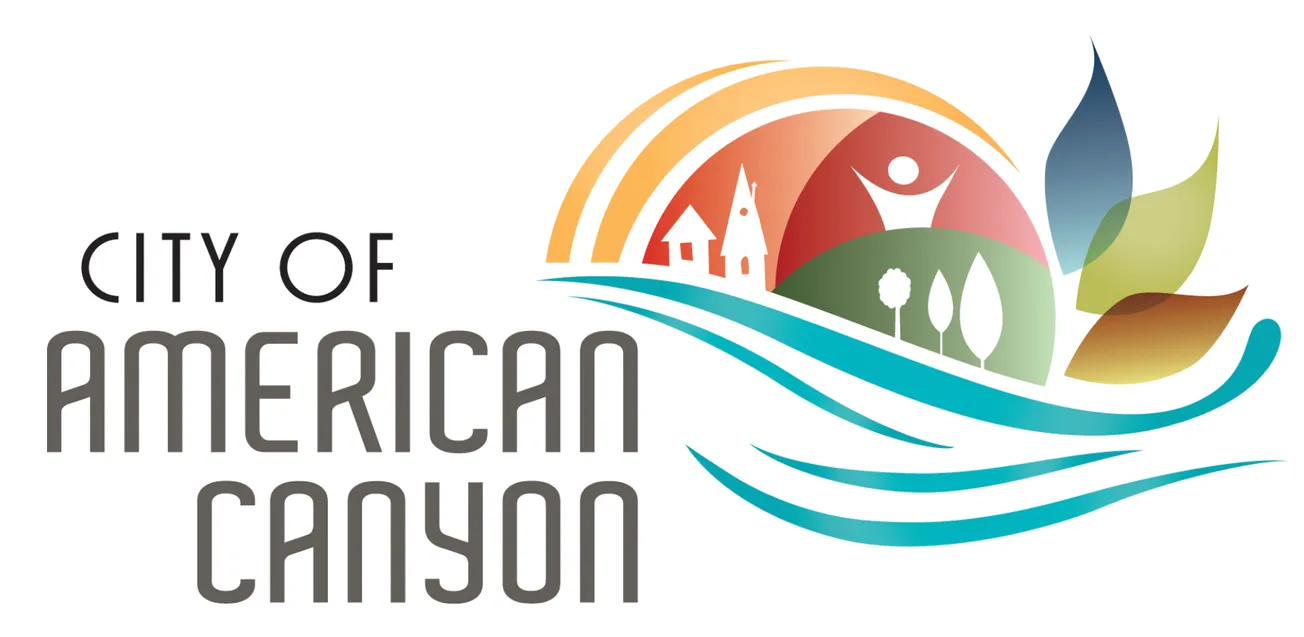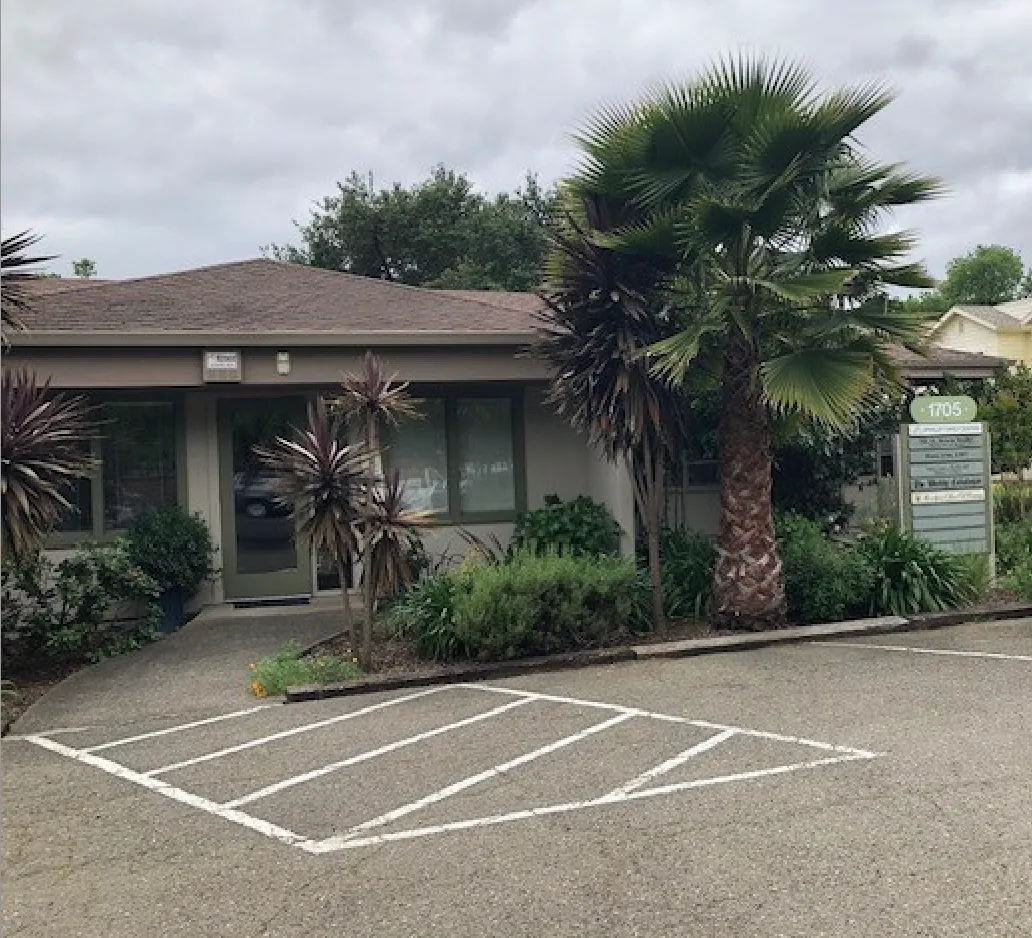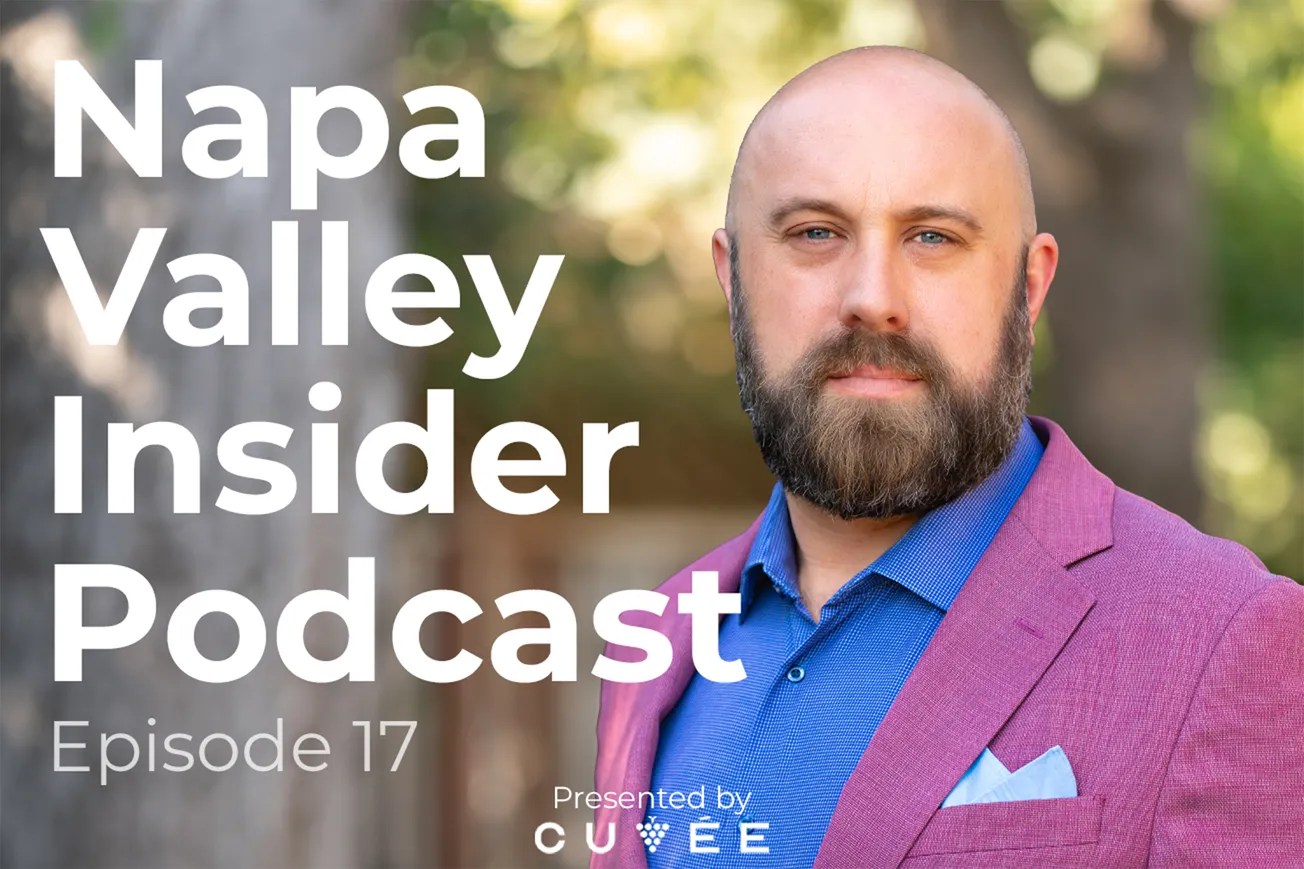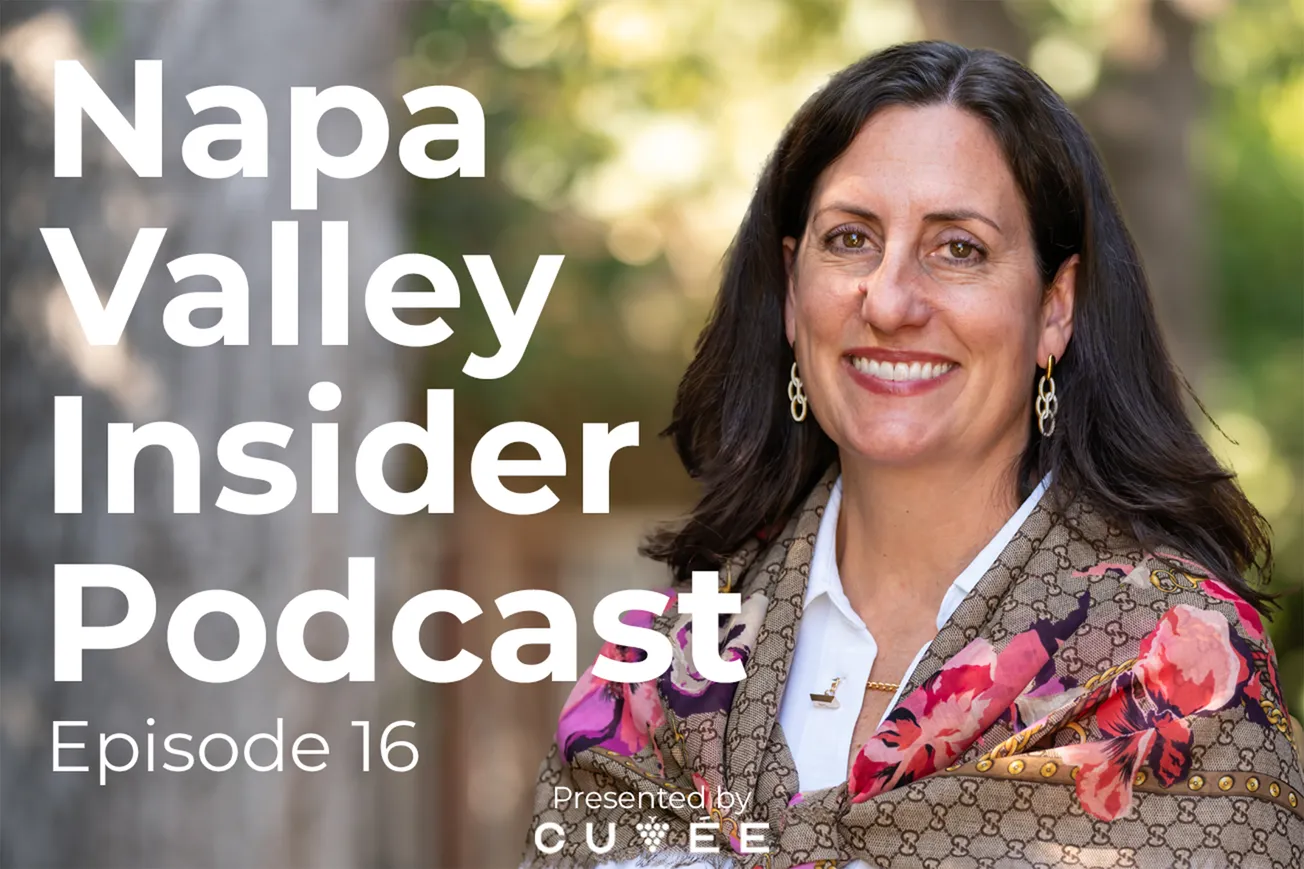Over the past five years, there have been more than 70 suicide deaths in Napa County, a statistic that surpasses the state average and ranks Napa 28th of 58 California counties in terms of highest self-harm rates.
There is a local group, however, working to reduce those numbers by teaching anyone who wants to learn, techniques for recognizing and responding to signs that someone may be considering taking their own life.
The Napa County Suicide Prevention Council, created in 2017 by a group of concerned citizens, has trained more than 600 community members to be certified suicide preventionists, according to Jeni Olsen, chair of the council and one
of its founders.
With all the misconceptions around suicide and self-harm, neglecting to address the issue could in fact, be more harmful, experts say.
“It is a myth that talking about suicide increases ideation and attempts,” Olsen said. “The fact is, acknowledging and talking about suicide may reduce suicidal tendencies and may increase help-seeking behaviors among those struggling
with a crisis.”
Last year, the council created a three-year strategic plan with a holistic approach to addressing suicide prevention in Napa County.
Of the nine primary goals in the plan, one calls for the development of a training program to equip community members and providers with the tools to respond appropriately to someone who might be having thoughts of self-injury.
“A lot of times, conversations about this topic weren’t being had,” said Ruben Sanchez, council workgroup chair. “That’s what we are also trying to change here. We are starting those conversations. It can be scary and intimidating, but
we can’t say that we just don’t talk about it or address it; we must.”
The trainings are conducted by local “prevention specialists” and representatives from the Napa County Suicide Prevention Council. The sessions last about an hour and up to 90 minutes for larger groups. Trainees learn how to recognize the warning signs that someone may be in a suicidal crisis, how to intervene to keep them safe, and how to connect them to appropriate and timely mental health resources.
“It’s important to understand that when discussing suicide, a connection to crisis resources must always be shared,” said Olsen.
During the trainings, participants engage in simulated conversations, practicing recommended phrases to communicate with individuals experiencing crisis.
Trainees are not required to share personal experiences, but the sessions are meant to be a safe space where people are allowed to share, and some do.
Locally, training sessions are offered at the Calistoga Joint Unified School District and the UpValley Family Centers. Sessions are free of charge and offered in person or virtually in English and in Spanish.
Prevention work extends far beyond training volunteers, however, said Sanchez, adding that it begins when basic human needs are met.
“Not everyone can engage in wellness techniques that can help,” he said. “That is only possible when your other needs are met. Prevention doesn’t only start with the offered tools but with food security, housing security and accessible mental and physical care; that is suicide prevention.”
That’s why the Suicide Prevention Council included key partnerships with schools and agencies in its strategic plan. These entities provide holistic support to individuals and families who may require help fulfilling their basic needs, extending beyond mental health services.
The council also gathered data on inclusion and equity to help provide a comprehensive view of the local community and its needs, noting that, ideally, data and a balanced approach can work together to address health disparities. The
plan reads, “For instance, pairing listening sessions with data helps us answer questions like: ‘Who is not at the table? Whose voice is not yet being heard?’”
If you or someone you know is having thoughts of self-harm, help
is always available.
Local and national 24/7 crisis resources can be found online.
The following bilingual hotlines are open 24 hours a day, seven days
a week:
Napa County Crisis: 707-253-4711
National Suicide and Crisis Lifeline: call or text 988
● Dial 1 to connect to the Veterans Crisis Line
● Dial 2 to connect to the Spanish Crisis Line
● Dial 3 to connect to the LGBTQ+ Crisis Line
Text “Home” or “Hola” to 741741 to connect with a trained crisis counselor in English or Spanish.
If there’s an imminent risk, dial 911 and inform them of your need
for assistance during a mental health emergency.

Editor’s note: May is Mental Health Awareness Month


